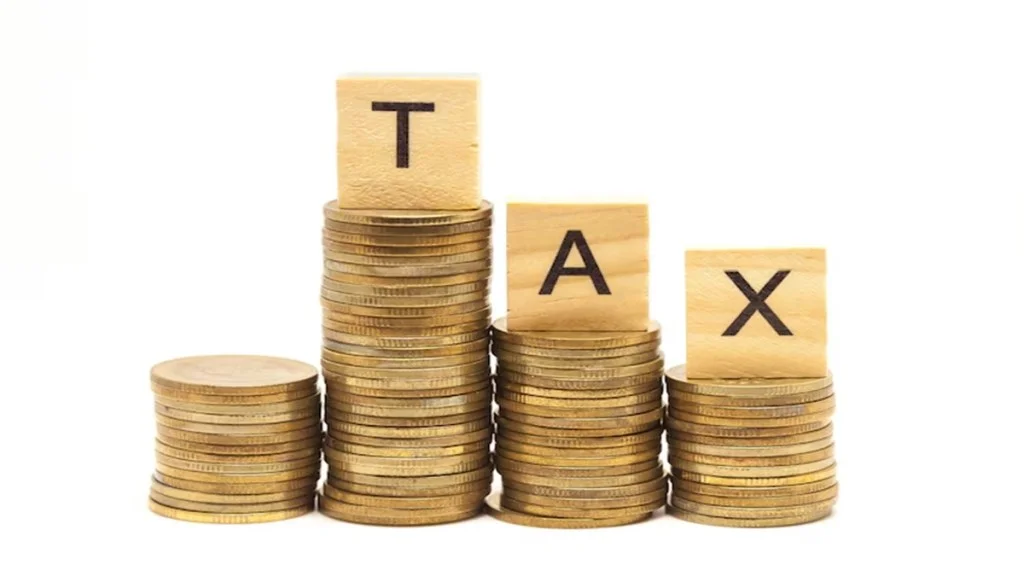The Centre for the Promotion of Private Enterprises (CPPE) has called for an urgent overhaul of Nigeria’s tax laws, warning that the country’s effective corporate tax rate of approximately 34%—one of the highest globally—is stifling investment and economic growth. In its Economic Review for 2022 and Agenda for 2023, released on January 2, 2023, the CPPE, led by Director Muda Yusuf, highlighted how the current tax regime conflicts with the National Tax Policy’s goal of incentivizing investment through reduced direct taxation.
A Tax Burden Hindering Growth
Nigeria’s corporate tax regime imposes a base corporate income tax of 30%, supplemented by additional levies that significantly increase the effective tax rate. These include:
-
Tertiary Education Tax: 2.5% of profit
-
NITDA Levy: 1% of profit
-
NASENI Levy: 0.25% of profit
-
Police Trust Fund Levy: 0.005% of profit
Together, these levies push the effective corporate tax rate to around 34%, far exceeding regional and global averages. According to the CPPE, Africa’s average corporate tax rate is 27.6%, Asia’s is 19.52%, the European Union’s is 19.74%, and the global average stands at 23.37%. “This rate is one of the highest in the world,” Yusuf stated, noting that additional taxes proposed by the National Assembly, such as a 1% Tertiary Health Tax and a 1% NYSC Levy, could further burden businesses.
The CPPE argues that this multiplicity of taxes is crippling investment in Nigeria, an economy striving for job creation, economic inclusion, and poverty reduction. The report emphasizes that an accommodating tax regime is essential to attract investors and foster growth, particularly in a challenging economic climate marked by 21.09% inflation and a naira depreciation to ₦450 per US dollar in January 2023.
Conflict with National Tax Policy
The CPPE’s critique highlights a disconnect between Nigeria’s tax practices and the National Tax Policy, which advocates for less reliance on direct taxation to encourage investment. The current regime, with its array of federal, state, and local government taxes, contradicts this policy, creating an environment that discourages entrepreneurship and industrial development. The proposed Tertiary Health Tax and NYSC Levy exacerbate these concerns, potentially deterring both domestic and foreign investors.
Call for Reduced Cash Reserve Ratio
Beyond taxation, the CPPE also urged the Central Bank of Nigeria (CBN) to lower the Cash Reserve Ratio (CRR), currently set at 32.5%—one of the highest globally—with some banks facing effective rates as high as 50%. This high CRR, combined with a 16.5% Monetary Policy Rate (MPR), restricts banks’ ability to lend, hampering financial intermediation and profitability. “The high CRR has made it difficult for banks to play their primary role of financial intermediation,” Yusuf noted, arguing that it limits credit creation and economic growth.
The CPPE contrasted the CBN’s Ways and Means financing, which it views as a greater risk to liquidity and inflation, with bank deposits, advocating for a reduced CRR to enable banks to support businesses more effectively. This call aligns with broader efforts to ease monetary policy constraints amid Nigeria’s economic challenges, including a projected debt-to-GDP ratio of 38% in 2023.
A Roadmap for Reform
The CPPE’s recommendations offer a clear path forward for policymakers. By streamlining taxes, aligning with global benchmarks, and reducing the CRR, Nigeria could enhance its attractiveness as an investment destination. The report’s findings resonate with concerns raised by the Manufacturers Association of Nigeria, which noted 17 pending tax bills in the National Assembly that threaten the manufacturing sector’s viability. As Nigeria seeks to navigate its economic challenges, including negotiations for a $7 billion IMF loan, addressing these fiscal and monetary burdens will be critical to fostering sustainable growth.






